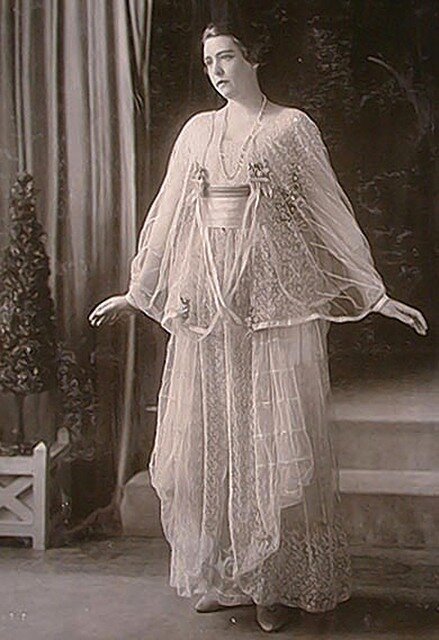Dear Etiquetteer:
How should I request a Zoom meetup with friends? Not all are open to it. Several have simply ignored my request. I miss “seeing” my friends!
Dear Attempting:
Rather than make a first request via Zoom (or Facetime, or another videoconferencing technology), Etiquetteer suggests that you ask during a good old-fashioned phone call. “Darling,” you could say, “I would so love to get a look at you. Couldn’t we have a video call sometime? I’ve enjoyed this so much with [Insert Names of Mutual Friends Here].” You will then find out if your friend doesn’t like videoconferencing in general, Zoom in particular, or you.
No, Etiquetteer didn’t mean that. Of course your friends like you. But not everyone likes technology in the same way, or the same technologies. And some people are also very reluctant to ask tech questions in a group chat or invitation; they might feel ashamed for not knowing already. So go one on one, voice to voice with each friend, and your acceptance rate is likely to increase a great deal.
Dear Etiquetteer:
What is the polite way to hold tele-meetings of equals?
Dear Meeting:
The Declaration of Independence says that we are all created equal, but perhaps you are differentiating between a video call with friends and meetings of boards or committees that include directors and staff? If so, Etiquetteer sees no reason to conduct them differently from in-person meetings in which committee members have speaking privileges and staff members are auditors. Everyone would still appear “equal” on a video screen. There’s no way to alter the size of an individual’s window by rank, nor should there be.
For a video call with friends, someone who either takes the initiative or is designated as “in charge” initiates the call, and all the participants should be prepared to dial in promptly on schedule. In a perfect world, everyone would be responsible for understanding the technology . . . but then if this were a perfect world, we wouldn’t be suffering through this raging coronavirus pandemic, now would we? Participants will need help and Patience must be exercised by all through any difficulties (which are not always caused by user error).
But perhaps when you say “equals” you mean people who are allotted equal amounts of speaking time? In that case, among friends, whoever has organized the call has the ability to say “All right [Insert Name of Gasbag Here], let’s hear what someone else has to say on the subject. You’ve gone on long enough.” That keeps the call from becoming a monologue. Being a sergeant-at-arms on a video call is a bit challenging, but it’s a valuable skill to have.
Dear Etiquetteer:
I have been invited to join a videoconference using a new video platform that I haven’t used yet and don’t want to. I’ve had quite enough trouble learning Facetime and Zoom, and I resent having to explore yet another thing that I will not have to use again. I’ve suggested using a more universal platform that we’re all familiar with and been rebuffed for reasons which I don’t think are sufficient for a change to be made. What should I do, Etiquetteer? Bow out, or suck it up?
Dear Stubborn:
First, let’s acknowledge your frustration with technology, which never really seems intuitive to anyone but the people who Know That Sort of Thing. “It’s fun to learn new things!” is the standard wisdom, but you sound like you might prefer learning new things that you find interesting - which is not technology. Etiquetteer agrees. But this is wartime. We are at war against the coronavirus. And in wartime we have to use our skills differently. The Latin motto of the MIT Class of 1944 was In alterno proficiens, which (Etiquetteer hopes) means “in alternate professions.” [Readers of Latin, kindly respond with a correct translation.] Whether we like it or not, we have to adapt our talents to the times.
Since advocacy for your Preferred Platform has failed, you do indeed have two choices: declining to participate, or participating using the designated platform. And that incorporates a choice, too. You can participate with Perfect Propriety, or you can participate by complaining loudly and publicly at length about the choices the host made. If that’s what you prefer, better for you to absent yourself. Nobody wants to hear that, and it will only make you look bad.
Decide how valuable being a part of this call is for you. If it’s just social, or mostly social, couldn’t you catch up with people independently? If it’s business, you may have to suck it up, Buttercup. Etiquetteer would allow you to back out if you, as a participant and not the host, had to buy anything to participate, like new equipment; that seems excessive. But this doesn’t sound like that sort of situation.
Etiquetteer will conclude with that deliciously ambiguous toast from Kind Hearts and Coronets, “Best wishes for a successful outcome!”












































